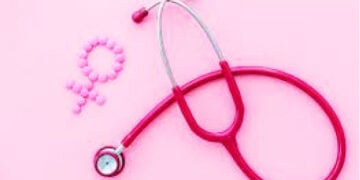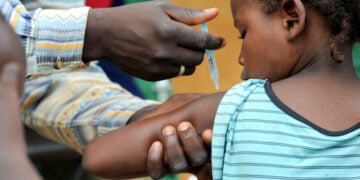Every day, countless people move through the world with quiet strength, masking pain that runs deep. Behind the smiles and daily routines are silent struggles, often rooted in depression — an invisible heaviness that clouds joy, steals motivation, and drains emotional energy. It’s a pain that doesn’t always scream, but lingers in the background, slowly eroding a person’s sense of peace and purpose.
For many, especially young people, this emotional weight becomes overwhelming. When words feel too hard to form and support feels out of reach, drugs and other substances may become a tempting way to numb the pain — even if only for a moment. At first, it may seem like a form of relief, an escape from thoughts that won’t quiet down. But over time, what was meant to soothe begins to take control, often leading to dependency, isolation, and deeper shame.
This cycle is not a weakness , it’s a cry for help that often goes unheard. That’s why therapy, support systems, and open conversations are so vital. Healing doesn’t happen in silence. It begins when we make space for honesty, vulnerability, and professional guidance. Seeking therapy isn’t a sign of failure; it’s a brave and powerful step toward reclaiming control, understanding your emotions, and finding healthier ways to cope.
In my work as a mental health advocate and columnist, and through my platform, Health Situations, I’ve come across countless stories of individuals who turned to drugs—not out of desire, but out of desperation. They weren’t seeking a high; they were seeking a way out of pain they couldn’t explain. Depression rarely makes noise. Instead, it shows up quietly—through withdrawal, irritability, sleepless nights, and a sense of emotional numbness. Tragically, these signs are often overlooked or brushed aside, especially in cultures where strength is measured by how well you can suffer in silence. We must begin to challenge that narrative.
Untreated depression can feel like drowning in slow motion. When therapy is inaccessible, discouraged, or stigmatised, many reach for what’s available: alcohol, tramadol, codeine, and marijuana. These substances offer a fleeting relief, but in time, they deepen the hole. It becomes a cycle: depression fuels drug use, and drug use worsens the depression.
This is not just an individual crisis; it’s a national one. We are seeing the consequences of rising rates of youth addiction, broken homes, and mental health emergencies. Behind many drug-related arrests or deaths is a story of unresolved trauma, unspoken grief, or untreated mental illness. The Chairman of the National Drug Law Enforcement Agency, Brigadier General Buba Marwa (Rtd), raised concerns over the alarming prevalence of drug abuse among Nigerian youths, particularly those aged 15 to 29(Tunde Oyekoya).
One of the greatest threats to healing is stigma. In many communities, mental illness is seen as a weakness, therapy is taboo, and drug use is a moral failure. Shame thrives in silence. People struggling with depression or addiction are often too afraid to speak up, fearing judgment or ridicule. Some never do. This is where society must change. Our language must change. Our response must evolve from punishment to understanding. We cannot continue to shame people into silence and then wonder why they never ask for help.
Therapy must also be made visible and accessible. That’s why we must get involved with conversation and connection to therapists, mental health programs, and community-based support networks. Healing isn’t a one-size-fits-all process, but therapy is a foundational step that works for many. Parents and caregivers have a huge role to play in this conversation. Depression often starts young, masked as moodiness, rebellion, or fatigue. We must teach families to listen without scolding, to observe without accusing, and to intervene early without shame. The earlier we act, the better the outcomes.
It’s time to normalize emotional check-ins just as we do temperature checks. If a child is constantly sad, isolated, or irritable, it’s not “just a phase”; it could be a cry for help.
Stories from survivors, families, and professionals, each a mirror and a message, break barriers. They tell others, “You’re not alone,” and perhaps more importantly, “You can get better.” It’s in these stories that many people find the courage to speak. They stop seeing themselves as broken and start seeing themselves as human.
You don’t need to be a therapist to help someone heal. You need to care. Be a safe space, a listening ear, a sharer of resources, an encourager of therapy, and a speaker up when others stay silent.
Governments and health institutions must do more, but healing starts with us. Advocate for policies that fund mental health care. Sponsor therapy sessions. Support recovery centres. Please talk about your struggles and allow others to talk about theirs. We all carry something. Some of us carry it quietly, some loudly, some destructively. But none of us should have to take it alone. The real danger is not in the battle; it’s in pretending it doesn’t exist. As a society, we can no longer afford to treat depression and drug use as personal failures. They are deeply intertwined public health issues and urgently need compassionate solutions. So today, I urge you to drop the shame, silence, and drugs and take up healing through therapy, community, and care. Let’s walk this journey together.





